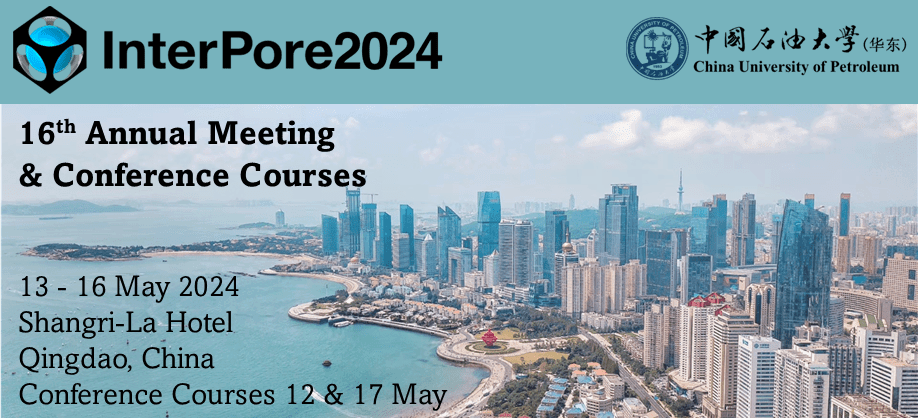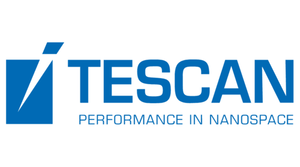Speaker
Description
Nonlinear advection diffusion equations model diverse physical phenomena.
Some examples include flow through porous media (as found in subsurface and reactive flows),biological processes, Stefan problem and permafrost models; and many others. In this work, we investigate numerical methods for nonlinear parabolic equations that show doubly degeneracy, i.e. for example the diffusion coefficient of the equation is allowed to vanish (degenerate diffusion) at zero concentration which leads to hyperbolic equation with free-boundaries as observed in nature, and become singular at full concentration leading to an elliptic problem. First we propose a semi-implicit (Backward Euler) time discretization. Implicit time stepping methods are popular due to their stability, allowing to avoid severe restrictions on the time step. This leads to nonlinear, time-discrete elliptic equations, for which linear iterative schemes are needed for approximating the solution, which combines the features of the Newton method and the L-scheme, i.e., a modified L-scheme. The linearization scheme is shown to be globally convergent (even for double degenerate cases). Moreover, it is linearly converging in the non-degenerate case accelerate with a small time-step. Numerical results will present which revealed that it is robust and stable when compared to the standard linearization schemes.
| Country | Belgium |
|---|---|
| Conference Proceedings | I am interested in having my paper published in the proceedings. |
| Student Awards | I would like to submit this presentation into both awards |
| Acceptance of the Terms & Conditions | Click here to agree |




.jpg)
